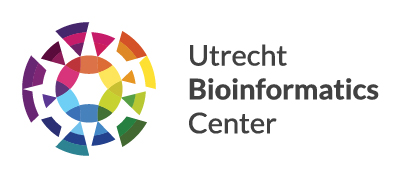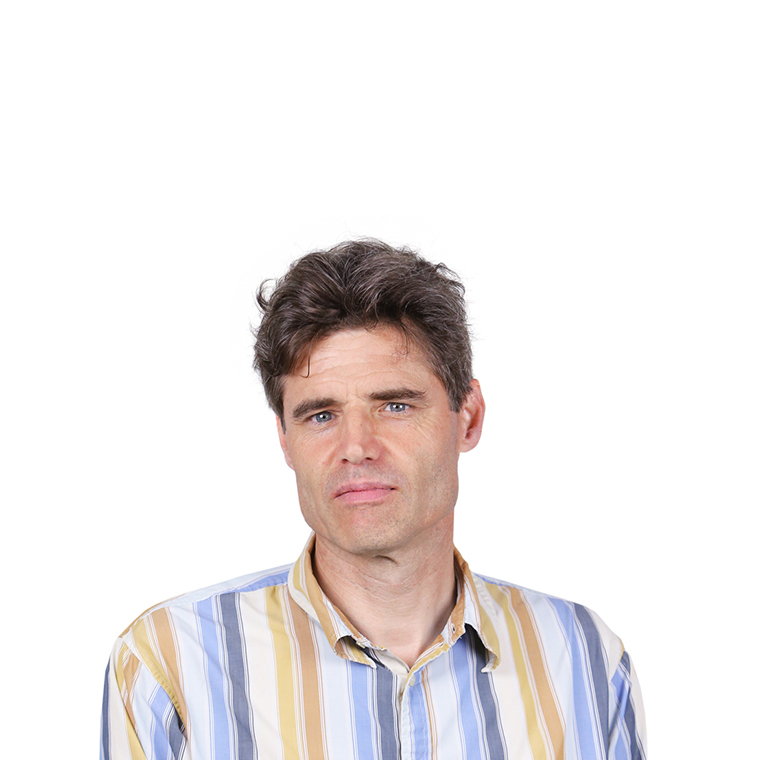After his PhD in biochemical analyses of RNA polymerase II promoter opening at Utrecht University, Frank worked as a postdoc at the Massachusetts Institute of Technology’s Whitehead Institute for Biomedical Research, in Cambridge, USA. As a member of the group led by Rick Young, he conducted pioneering genome-wide analyses of transcription regulatory mechanisms. Frank continued this research in his own group at the University Medical Center Utrecht starting in 2000. Six years later, Frank was appointed full Professor in Genomics within UMC Utrecht, and he joined the Princess Máxima Center for Pediatric Oncology in 2016.
Trapped in thinking we understand processes
“In my research group, we dive into any genome-wide analysis related to understanding the molecular mechanisms of regulating gene expression. That includes genome-wide transcription factor location analysis or gene expression analysis. Since our move from the UMC Utrecht to the Princess Máxima Center, we have also begun analysing single-cell RNAseq data as well as DNA sequencing data. We also have a long-standing expertise in using genome-wide datasets for patient classification studies.”
“I started my scientific career investigating individual transcription factors at single loci. The ability to study many transcription factors across entire genomes still fascinates me, because it is unbiased and much more likely to yield surprising results. I am fascinated by the fact that we constantly fall into the trap of thinking that we understand molecular and cellular processes really well, whereas in hindsight this frequently proves to be quite unfounded.”
DNA mutations and diseases
Frank’s tells about the essence of understanding how life works, and his enthusiasm for unravelling the mechanisms behind transcription regulation is contagious. “Since I received an ERC grant in 2015, we have been developing ways to measure the DNA binding dynamics of transcription factors across genomes in vivo. It’s proving to be quite challenging, but it will be essential in order to understand how various classes of transcription factors regulate gene expression. I imagine that this will greatly help understand how mutations in non-protein coding DNA cause diseases. This is extremely important, since our ability to determine DNA mutations and associate them with disease currently vastly outweighs our capacity for understanding and interpreting such findings. I hope the UBC community will benefit from this work using the newly developed tools. ”
Sharing knowledge and passion
Frank knows three of the partners of the Utrecht Bioinformatics Center from the inside. He sees that the UBC is a place to share knowledge, expertise and infrastructure. “Personal contacts in research are just as important for our work as our knowledge. When I started my research group in Utrecht in 1999, I had a brief discussion about one of our projects with Paulien Hogeweg, one of the worlds’ first bioinformaticians. Her advice helped enormously and resulted in my first paper as PI and our first computationally driven project being published in Molecular Cell.
For me, this is still a model of how expertise centres such as the UBC should work. Advice on a different level that is not so bioinformatics based is also helpful for all of us. My personal advice to fellow researchers is: follow your heart, so that you do science with a passion.”

